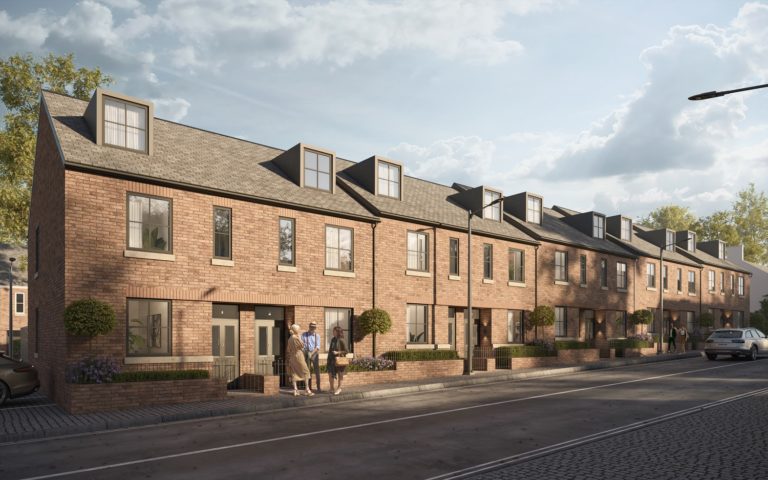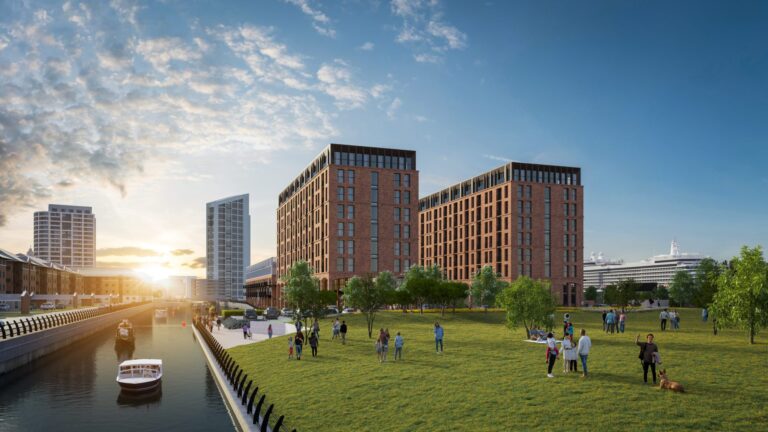The UK private rented sector has been in high demand in recent years. But what does the future look like and what will this mean for buy-to-let landlords?
An independent report from the Social Market Foundation (SMF) commissioned by Paragon Bank, Where next for the private rented sector?, examines how the sector might develop in the coming years.
In the private rented sector, over a third of households currently have somebody aged 45 and over. By 2035, it’s projected that this demographic will make up at least half of households.
Currently, three and five tenants aged between 35 and 54 expect they will still be renting privately in 15 years’ time. This shows that a growing proportion of older households will live in privately rented accommodation.
Future proofing your investment
As a buy-to-let investor, it’s important to consider the future of the private rented sector, especially in the area you’re investing in or plan to invest in. This will help future-proof your investments.
Amy Norman, senior researcher at SMF and one of the report authors, says: “The typical renter of the future will look different from today’s. How different will depend on a range of factors including rates of construction, interest rates, house price inflation and government housing policy. That said, one thing is clear: the private rented sector will be getting older.
“That reality means we need to revisit our preconceptions about renting being the preserve of young, mobile households. Mature tenants have different needs and preferences.”
The private rented sector as a whole will need to adapt to the ageing renter population. More mature tenants naturally have different priorities for their homes compared to young professionals.
For example, unfurnished properties are typically preferred by older renters. Many also prefer ground-floor properties with close proximity to transport links, shops and health services. There are other preferences, such as longer tenancy agreements and having more control over their homes.
Longer tenancy agreements
In recent years, there has been conflicting evidence of tenancy preferences in the UK. The government has looked into introducing longer tenancy agreements for tenants in the private rented sector.
This could provide tenants and landlords with more security and consistency. Renters could put down roots where they live, while landlords could have additional financial security with less void periods.
While many younger tenants have enjoyed the flexibility of renting, this could change as the private rented sector ages. More mature tenants are increasingly looking for more stability with tenancy agreements.
In a recent survey, the majority of renters supported a fixed minimum contract length, and 69% said they would be in favour of this being set at 24 months. As tenants are staying in rental properties for longer, this could become a more in-demand feature for tenancies moving forward.
Allowing pets and alterations
Many tenants wish they had more control over their homes, and this trend is expected to continue to gain steam. Having properties that are pet friendly and allowing tenants to make some alterations and cosmetic changes is becoming more important.
The government’s model tenancy agreement sets out that tenants can keep pets by default. Additionally, this template agreement indicates that tenants may be able to make changes to the property with the landlord’s prior written consent.
However, this agreement is not required to be used by landlords, so it’s something for investors to really consider, especially as the average age of tenants in the private rented sector increases.
Overall, the majority of tenants are content
It’s good to see that the majority of private renters expressed contentment with their current living situation, according to a survey by Opinium. The survey revealed that 81% of tenants are happy with their current property and 85% are satisfied with their landlord.
Richard Rowntree, Paragon Bank’s managing director of mortgages, comments: “The significant investment in private rented property by landlords has helped drive up standards over the past 15 years and today homes in the sector are generally newer, larger and more energy efficient than ever before.
“People from all walks of life now call the private rented sector home and we must strive to create a sector that meets everybody’s needs.”









